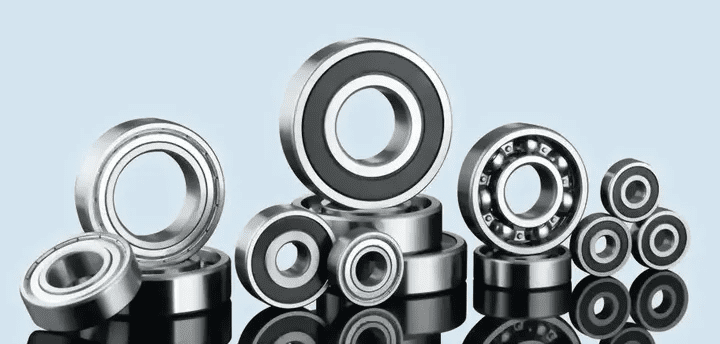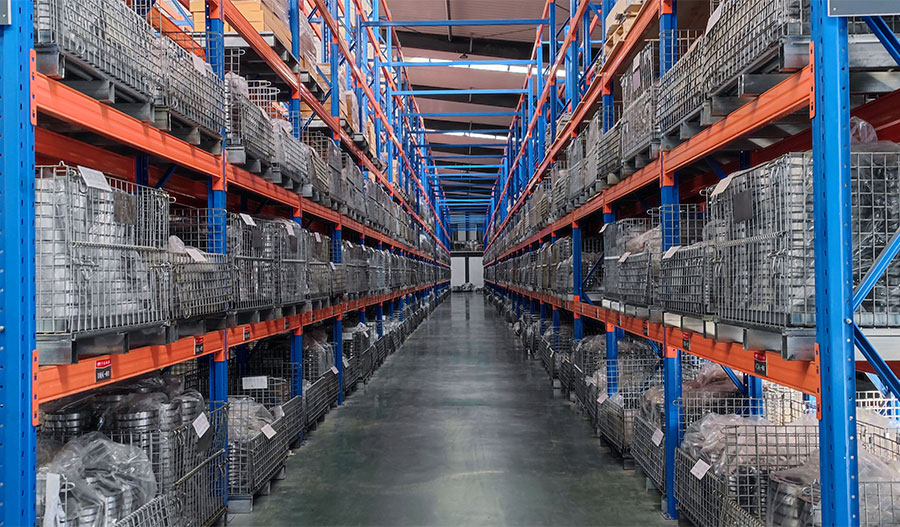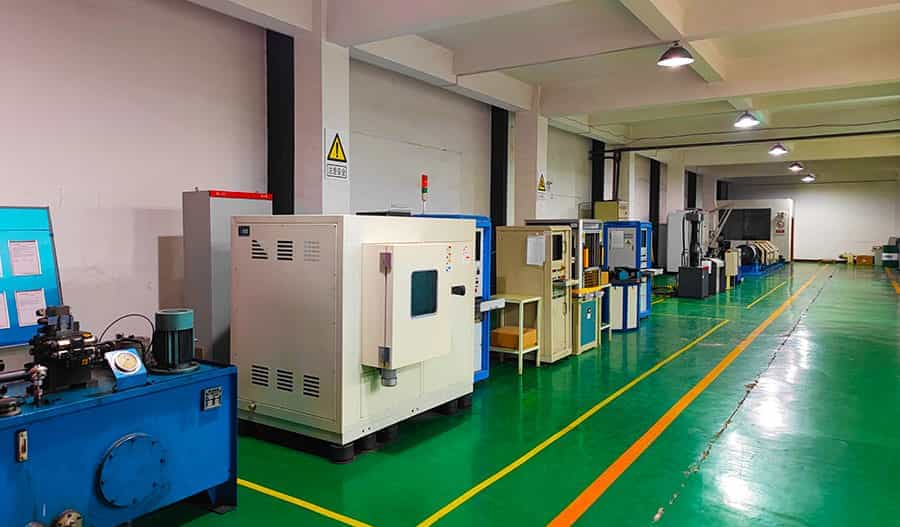WEBINAR
Deep Groove Ball Bearing
Learn More
The performance and life of deep groove ball bearings depend largely on the selection and characteristics of their materials. Different application environments and operating conditions require bearings to have specific performance characteristics, which are directly affected by the type of material. This article will explore the commonly used materials for deep groove ball bearings and their associated performance characteristics.
Bearing Steel: The most commonly used material is high carbon chromium bearing steel (such as GCr15). It has good wear resistance, high hardness and superior fatigue resistance.
Stainless Steel: It is used in applications requiring corrosion resistance, such as the food processing and chemical industries. Stainless steel bearings are not prone to rust and are easy to maintain.
Ceramic Material: It is mainly used to make rolling elements. Ceramic balls have low density, high hardness, low friction coefficient, and excellent wear resistance and high temperature resistance.
Plastics and Composite Material: Mainly used in some special applications, such as high precision or extreme environments (such as high temperature or chemical corrosion). These materials are often used to make cages or seals.
High Wear Resistance: Especially when using high carbon chromium steel, deep groove ball bearings can withstand repeated loads without being prone to wear.
Good Fatigue Resistance: Able to maintain stable performance during long-term operation.
Corrosion Resistance: Bearings are resistant to corrosive environments, when stainless steel or special coatings are used.
Adaptable to High/Low Temperatures: Special materials (such as ceramics) allow bearings to operate in extreme temperatures.
Low Friction Coefficient: The use of ceramic rolling elements reduces friction and improves operating efficiency.
Electrical Insulation: Certain specialty materials (such as ceramics) provide electrical insulation properties and are suitable for applications where electrical insulation is required.
When selecting bearing materials, we need need consider the factors such as load, speed, temperature, environment and maintenance in the actual application. For example, high-speed applications may require materials with a low coefficient of friction, while in corrosive environments, corrosion-resistant materials may be prioritized.
The material selection of deep groove ball bearings has a direct impact on its performance. Understanding the properties of different materials and the application conditions to which they are adapted is critical to selecting the correct bearing. Proper material selection can significantly improve the performance, efficiency and life of bearings, thereby ensuring the reliability and stability of the entire mechanical system.
When designing or selecting deep groove ball bearings, it is very important to understand the performance characteristics and application scenarios of various materials. This will help ensure that the bearing can provide optimal performance under specific operating conditions.
WEEYH is jointly formed by China's top agricultural machinery parts factories, focusing on the R&D and production of agricultural machinery parts. About 200,000 sets of agricultural machinery related parts are produced by WEEYH'S factories and sent to the world every year.

We have a top testing laboratory, from material analysis to finished product inspection, each link has a corresponding testing process. More than 30 kinds of testing equipment have built the guarantee of WEEYH safety.

Call for online customer support get FREE BEARING SAMPLE
Online Quotation